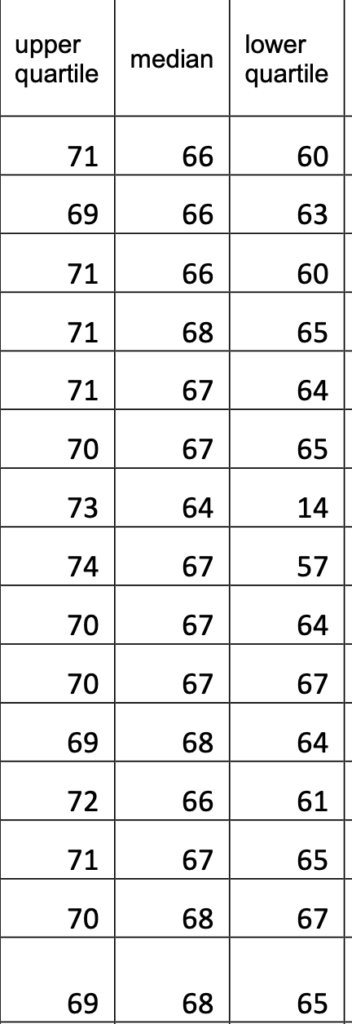Oxford does have rather distinctive grading habits, so as a prospective applicant, please take note of this if academic achievement is something you care about deeply. If you are already in Oxford, take this article as insight into how varied your scores can be; you might want to consider how you allocate your study time accordingly! If you have already graduated, please be aware that your final grade reflects both your hard work and an element of subjectivity inherent in the assessment process.
Getting your score breakdown
You will probably only receive a single numerical mark for each paper. While detailed marking breakdowns are not automatically provided, you can make a formal request to obtain the scores given by each individual marker and comments from the exam board. This information includes explanations of decisions regarding your MCN (Mitigating Circumstances Notice), if applicable.
Marking Discrepancies for the same script
For essay-based subjects, Oxford employs two markers who grade each script independently, aiming to reduce subjectivity. If the marking discrepancy is small, the marks are typically averaged. However, significant variations can occur within this system. In some cases, one marker might award a First-class grade (70+) whilst another gives the same work a lower 2:2 grade (50-59).
What compounds this is the narrow range of possible grades candidates are normally awarded. This is from an E&M Subject Board report in 2023:

The implication of the narrow range of grades is that even a five mark variance in marker discretion can move a candidate from lower quartile to upper quartile.
To illustrate the degree of variation that can occur in the Economics and Management degree: For one of the management essay-based papers, I personally received a score from a marker that placed me in the upper quartile, and a score from another marker on the same script that placed in the lower quartile. In a more extreme case, a friend of mine received 80 for one paper (an exceptional First Class score) from one marker and 55 from another marker (an absolutely dismal Second Lower) score.
While double-marking does help to reduce dependency on a single assessor, it also reveals the considerable subjectivity involved in grading. When significant discrepancies occur, a third marker intervenes as an arbiter to determine the final mark. Although this process aims to ensure fairness, my observation has been that final results often fall near the average of the initial two scores, though this varies by department and situation.
While thought has clearly been put into making this system as fair as possible while marking efficiently, the subjectivity involved in giving a grade can differ greatly between examiners. It can be daunting then, that two qualified markers can have such wildly different interpretations of the quality of the work for the exact same script. Unfortunately, despite the relatively huge subjectivity of marking relative to the range of marks, the examiners’ decisions are deemed to be academic judgement and cannot be questioned.
Potential mistakes
You won’t be able to get your exam scripts back – not even a scanned copy – only the score. If you see a huge discrepancy between your exam score and what you normally receive, you should flag this out. Administrative errors are rare but not unheard of – you don’t want to be the poor sod who gets a 58 because some overworked administrator typed 85 wrongly. The university has to retain your scripts for six months for cases such as these.
Conclusion
Oxford is a wonderful place to study. However, your examination scores may exhibit considerable variability, primarily because assessing the quality of written work involves subjective judgment, particularly given the limited time markers can dedicate to each submission. This reality can be frustrating considering the hours students invest in understanding literature and honing their writing. As I always reminded myself, the numerical FHS grade itself has limited significance to your future beyond perhaps reducing the number of applications needed for jobs or Master’s programmes. Ultimately, pursuing knowledge purely for external validation rather than genuine curiosity is likely to lead to disappointment, as academic assessment inevitably contains elements of subjectivity despite the university’s best efforts to ensure consistency.plications you make for jobs or Masters’ programmes. Still, learning not to satiate your innate curiosity and only for external validation is a road to disappointment, because the validation of markers is often fickle and inconsistent.